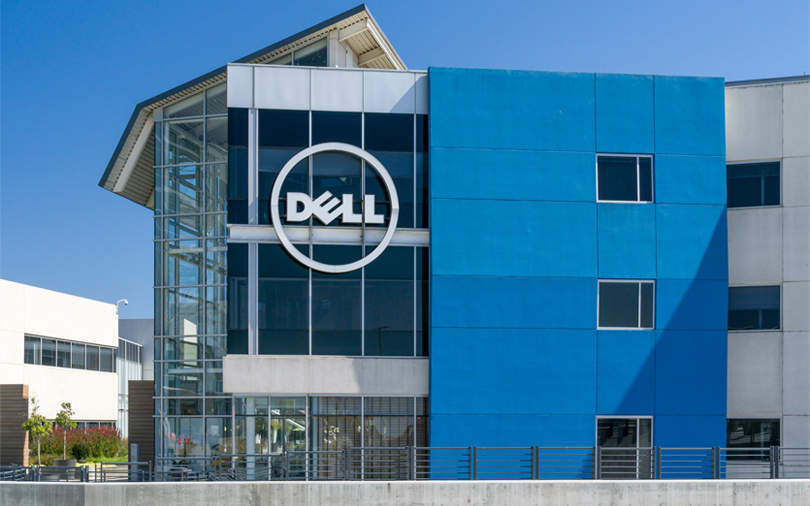
Dell predicts three tech developments that can define friction-free economy


US-based multinational technology giant Dell Technologies has identified three technical developments that it predicts could lead to a friction-free world economy by 2030.
Autonomous commerce, where machines would act as consumers, is expected to be a key change, Dell said in the report titled Future of the economy.
The next phase of the human-machine partnership will see artificial intelligence (AI) systems sensing and finding solutions to problems autonomously, making them consumers rather than accessories.

Dell also sees on-demand manufacturing increasing over the next few years. People with limited resources are already making products for a global market. In the next few years, Dell expects manufacturing and marketing to become easier and faster.
Also, emerging economies will leapfrog others, given that they are not tied to old infrastructure, the report said.
Dell collaborated with California-based think-tank Institute for the Future (IFTF) to prepare the report.

Human-machine collaborations have now become mainstream global discussion points, an example of which was at the World Economic Forum of 2019 where the central focus was on digital transformation led by emerging tech trends.
A key discussion was on how globalisation 4.0 would move the world towards an economy without external boundaries.
“By 2030, there will be a deeper, more immersive partnership between humans and machines which will eliminate frictions, creating an economy full of new marketplaces,” said Alok Ohrie, president and managing director, Dell Technologies, India.

The introduction of 5G in India would eventually lead to the adoption of Internet of Things (IoT) and a range of other applications, said S Raghunath, chairperson, Centre for corporate governance and citizenship and professor of strategy, IIM, Bangalore.
